It is easy to sneer at these franchise spin-offs as being nothing more than capitalism run amuck. Star Wars is, after all, an economy unto itself. Star Wars is movies, and toys, and books, and comics, and cartoons, and Death Star waffle makers, and green seedless Yoda grapes (they’re just grapes). Star Wars is a lot of different things to a lot of different people, but to dismiss it as nothing more than a corporate cash grab is to ignore the sheer unadulterated joy that these movies have brought to millions. It is to completely discount them as works of art. It is lazy.
This month marks the end of an era in the Star Wars story. With The Rise of Skywalker, Lucasfilm will close the chapter on the saga that has driven the franchise for over four decades. Once that movie comes and goes, the cinematic future of the series remains unknown with nothing tangible on the release schedule over the next few years.
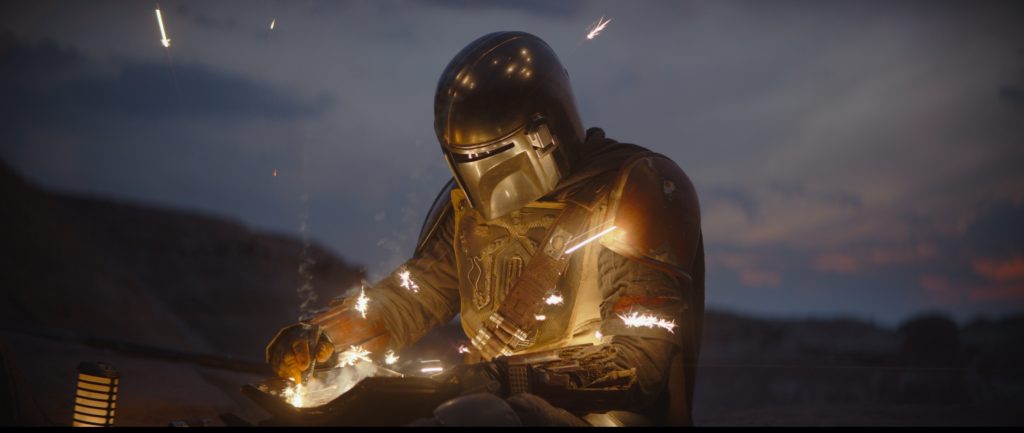
In many ways, The Mandalorian feels like the first real effort at setting a new path.
Sufficiently removed from the Skywalker saga, The Mandalorian is a story that exists both within and without the Star Wars Universe. This series will always be read within that inescapable context set forth by George Lucas in 1977, but it nevertheless tries hard to give the audience something new.
This is where it leans heavily on the lessons learned from the Marvel Cinematic Universe, the most important of which being that the comic book movie can exist within a myriad of genres, be it a Shakespearean tragedy, or a cold war thriller, or even a screwball comedy. Star Wars and its many spin-offs have, for the most part, remained firmly entrenched in the film serials that first inspired George Lucas: mostly sword and sorcery, with a little politics and “pew pew” thrown in for good measure.
With The Mandalorian, Jon Favreau has created a true genre piece. The series opens in a frontier cantina and we’re introduced to our protagonist by way of a deliberately devised piece of fan service. It is poetic in its execution. Acknowledging its heritage and its place in a wider narrative before quickly moving along in order to set the series up as something that stands apart. The first thing Favreau does is to keep his hero perpetually in his helmet, breaking away from that Star Wars tradition of using various masks as a signifiers of evil. (The Mandalorian is a good guy. I think. Maybe it’s more complicated than binary notions of right and wrong. Who knows? I’ve only seen three episodes.)
The story is a classic one that freely riffs on many a western. The arc of the series centres around a gruff loner who is suddenly left to care for a tiny, seemingly helpless child. They are an odd couple, but one that makes for some compelling hijinks.
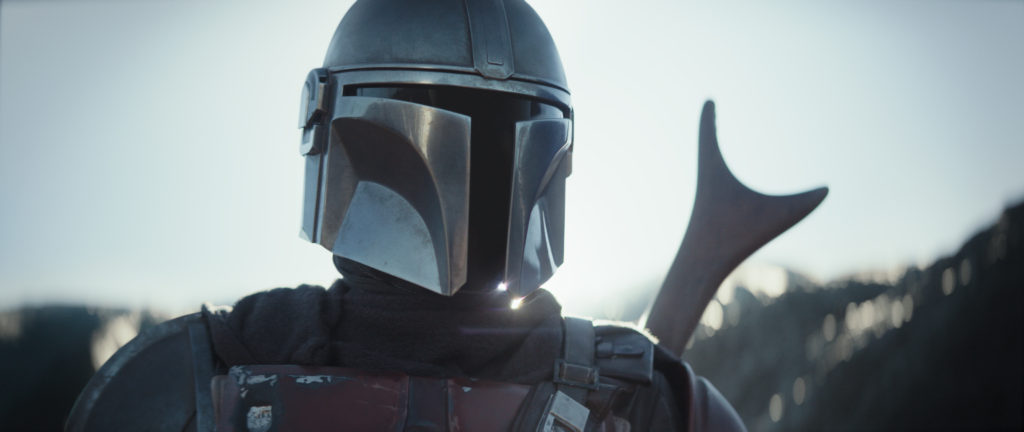
The first episode, simply titled “Chapter 1”, is an absolute masterclass in screenwriting. Our laconic bounty hunter is immediately put through his paces. Here we are introduced to his various qualities – his incorruptibility, his uncompromising nature, his penchant for violence, his loyalty – and with a surprise twist at the end – we learn of his humanity. Favreau draws upon a multitude of inspirations that range from the western, to Akira Kurosawa, to Kung Fu, to the 1970s television adaptation of The Incredible Hulk.
Ludwig Göransson further supplements the work with an intricate score that pays homage to John Williams while at the same time underplaying his sentimentality. Notes of Indiana Jones creep in, as do the massive pounding of drums and ghostly unsettling strings of the spaghetti western.
This is a series that is, by its very nature, derivative. It is essentially a sequel, to a sequel, to a sequel, to a sequel. And its success or failure lies in the skill with which the showrunner manages all of its moving parts. Jon Favreau is an artist. It is apparent in the precision with which he applies his brush and in the control he employs when crafting a scene. The moody painted vistas of faraway worlds, the efficient establishment of character, the tense action sequences, the sophistication of the storytelling, all of which aren’t just engaging, but genuinely surprising.
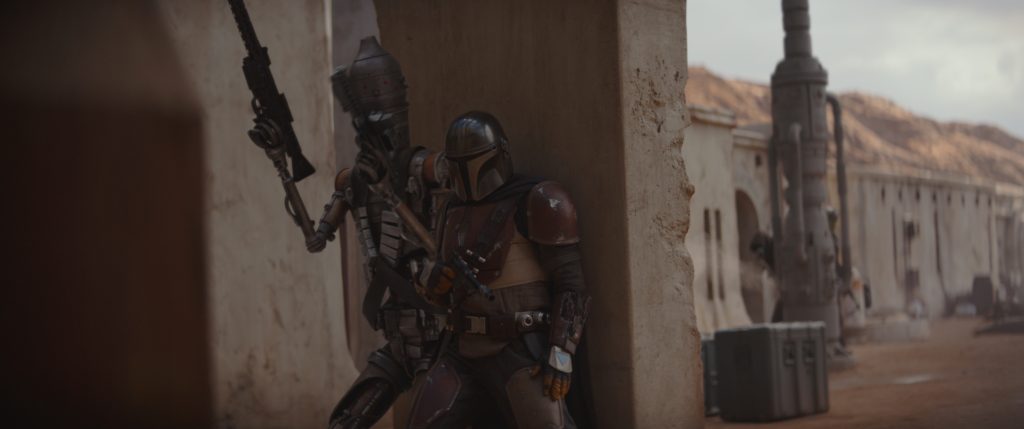
“Restraint” isn’t necessarily a word one would use when describing the Star Wars Universe. And yet, The Mandalorian, for all of its intergalactic mythology and alien patois, is a work of incredible self-discipline. In fact, one of the reasons this series works so well is because of its pithy runtime. The first two episodes, which run at 40 minutes and 33 minutes respectively, manage to avoid the bloat that has come to plague modern streaming television that is unbound by the strictures block programming. There is a welcome crispness to this kind of storytelling and is reminiscent of the kind of beautiful and pulpy plotting that we usually come across in animation. This has Dave Filoni’s fingerprints all over it. The Mandalorian co-writer and executive producer did, after all, cut his teeth on some of the best cartoons of the last two decades – Avatar: The Last Airbender, Star Wars: The Clone Wars, and Star Wars: Rebels.
The most magnificent thing about The Mandalorian is that it feels true to what Star Wars is. In that it feels infinite. Endless. A reminder that there are many more stories left to tell, with new characters, in new worlds.
The sculptor David Smith once said: “To me apples are fruit. To Cézanne they were mountains.” Jon Favreau doesn’t aim to elevate the Star Wars to high art. He doesn’t make that kind of value judgement. He simply understands the subject matter. He loves the source material. He respects the form. Star Wars has a layered mythology, that is rich in character, and full of joy. With The Mandalorian, Jon Favreau reinforces the fact that Star Wars is a mountain.
The Mandalorian
Disney+, Season 1, 8 Episodes
Showrunner: Jon Favreau
Writers: Jon Favreau, Dave Filoni, Rick Famuyiwa, and Chris Yost
Cast: Pedro Pascal, Carl Weathers, Werner Herzog, Omid Abtahi, Nick Nolte, Taika Waititi, Gina Carano, and Giancarlo Esposito

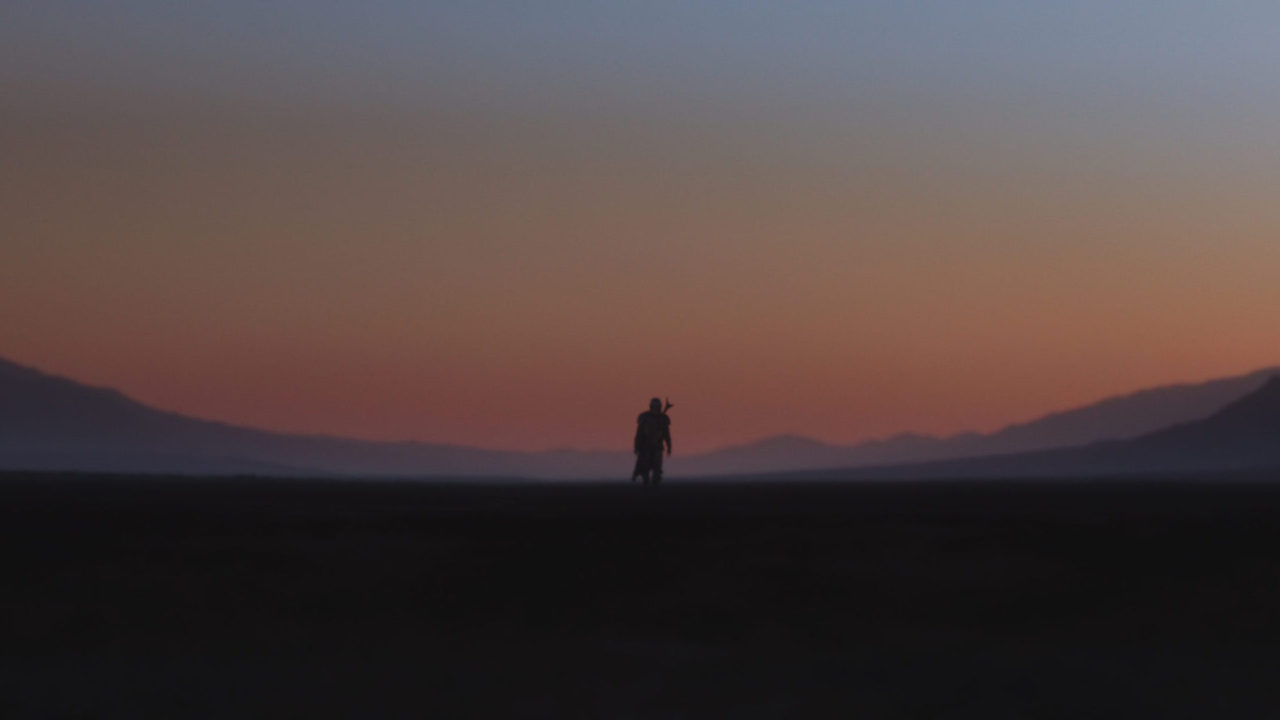


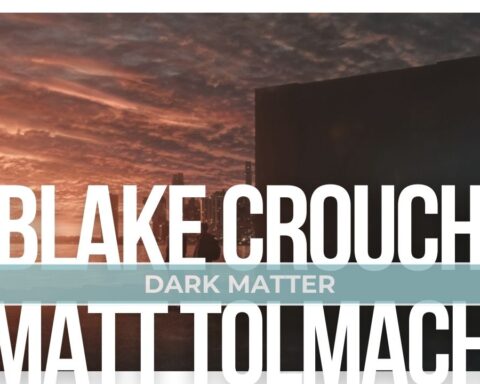
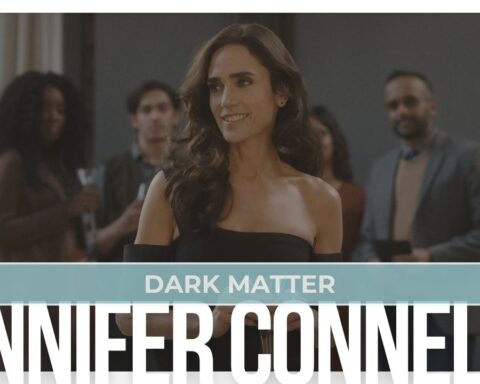
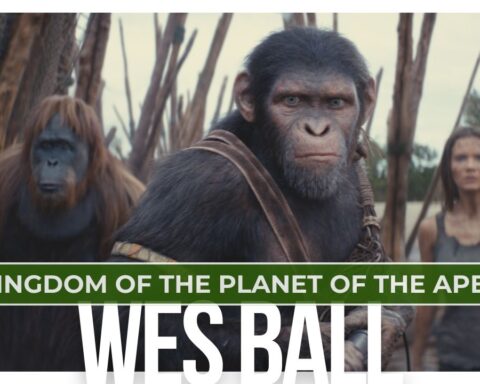
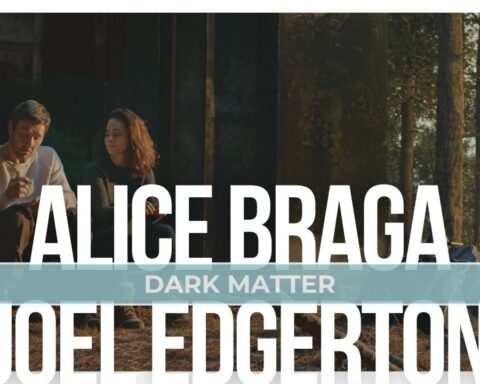

Follow Us